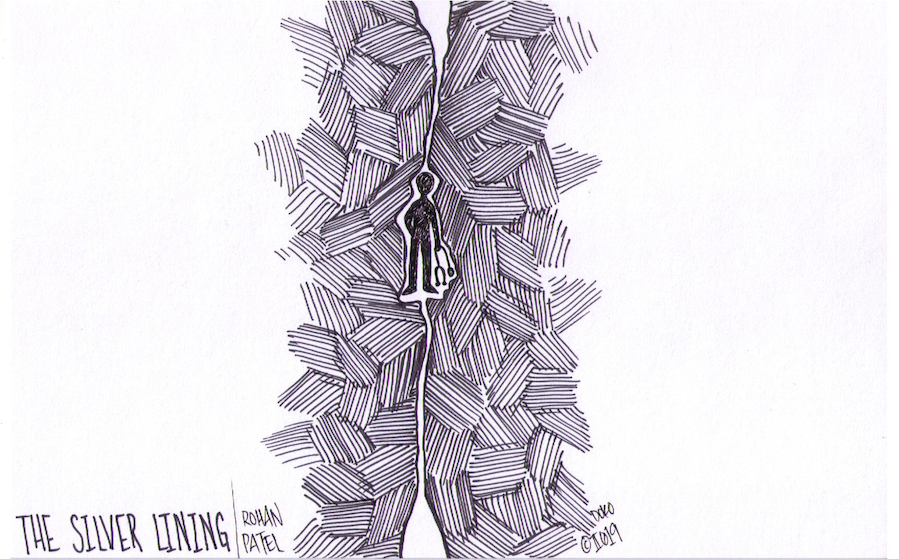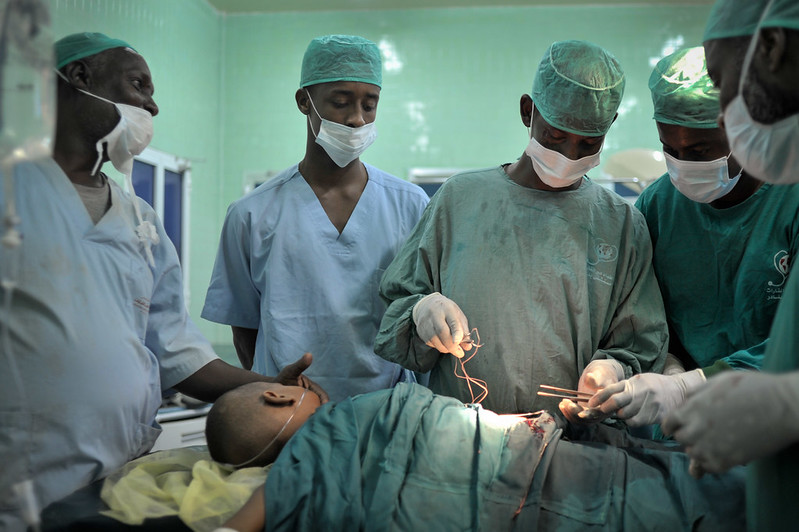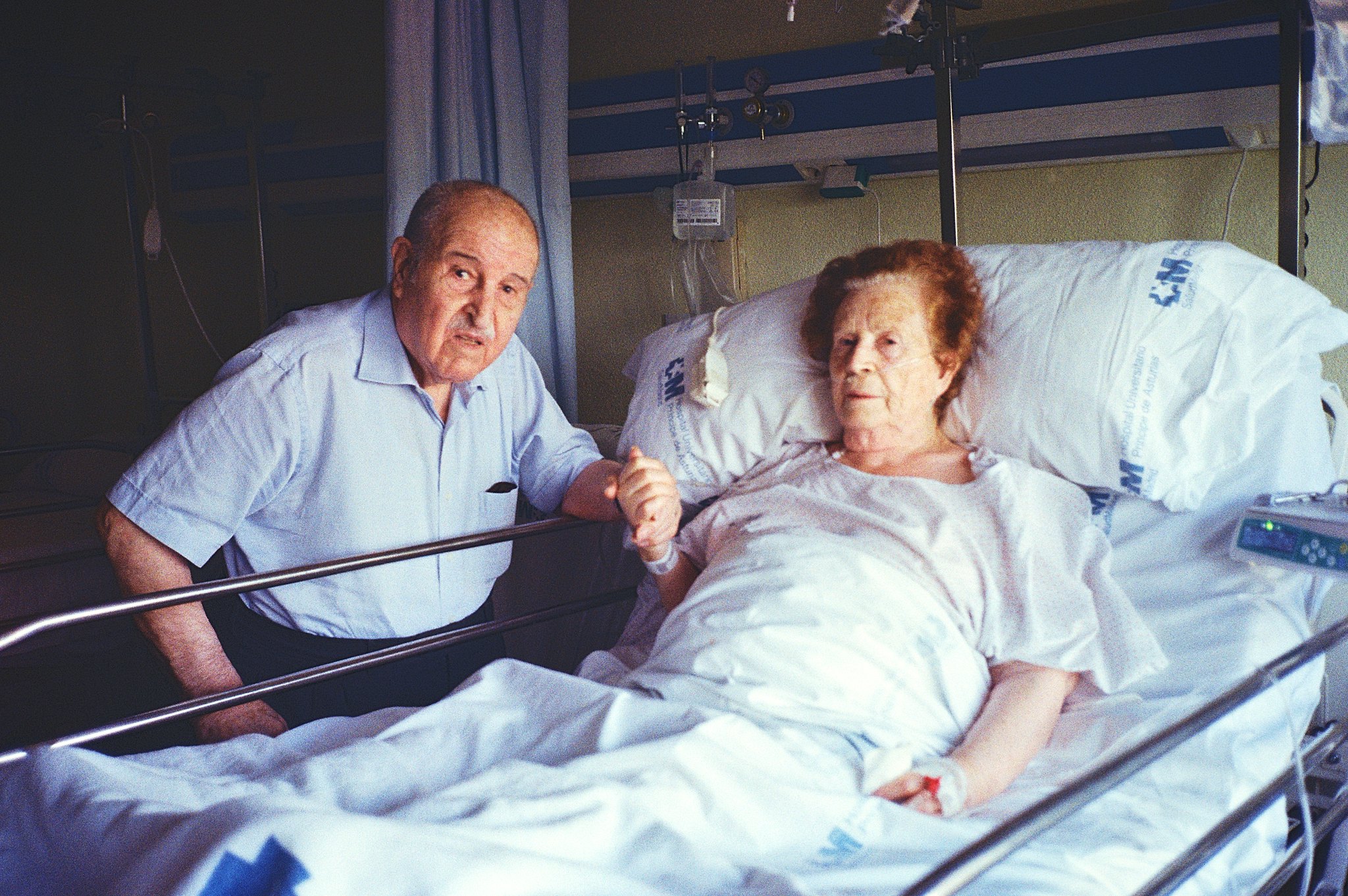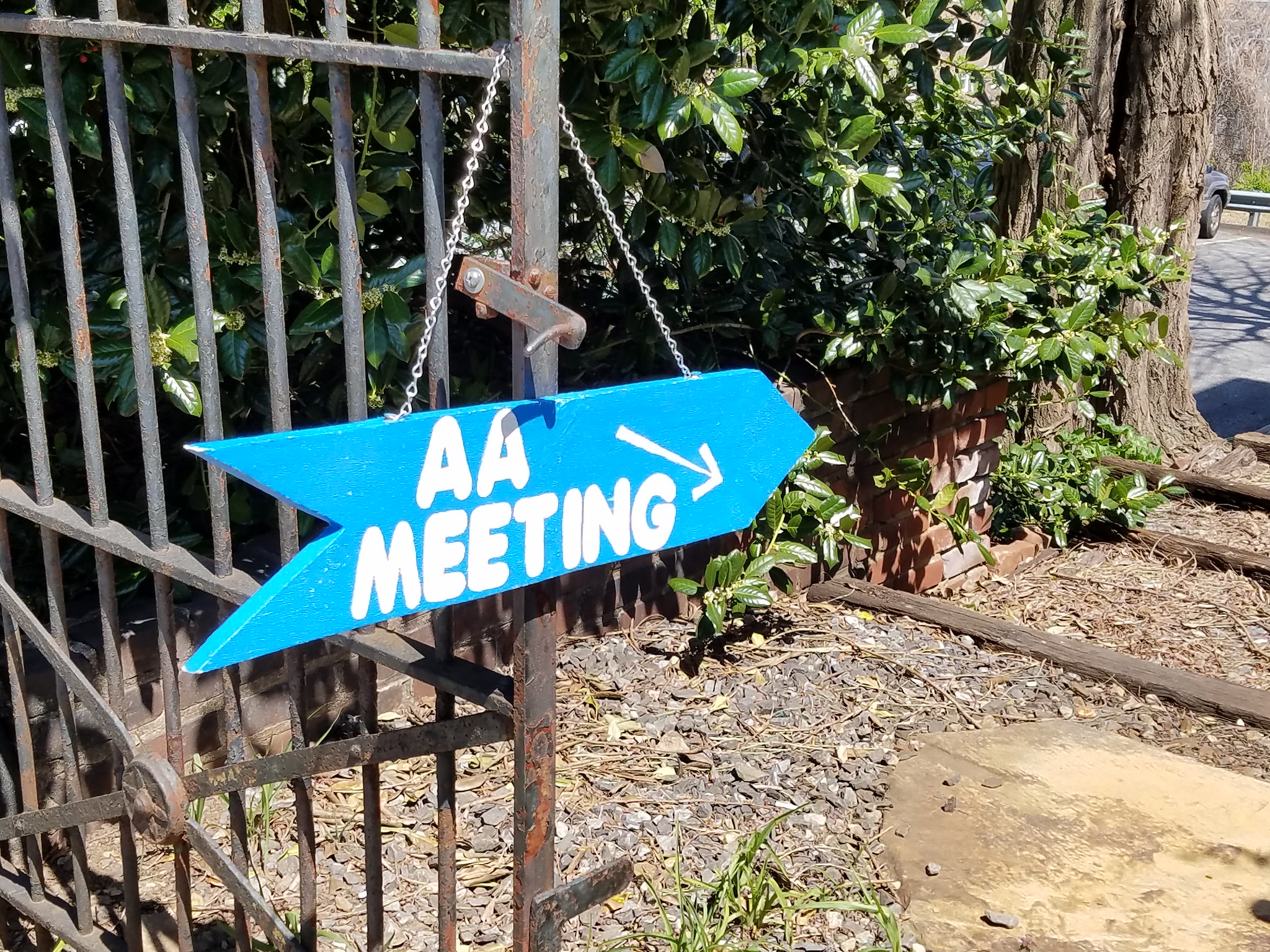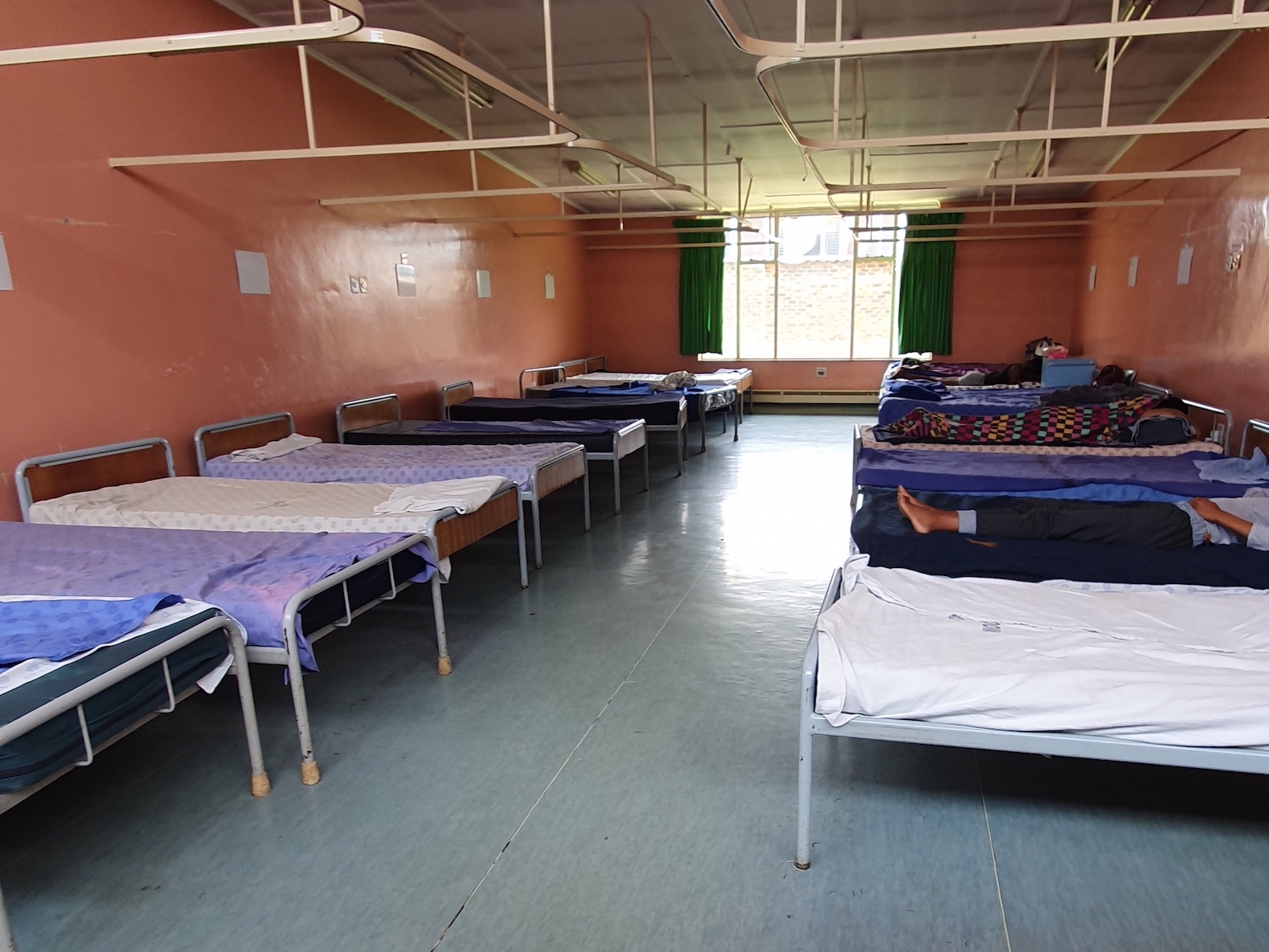My Pandemic Journey
Unmotivated to study, I dedicated myself to researching the virus as well as its epidemiological, social and economical impact on our communities. Adjusting to life in quarantine was frustrating, and I felt like I was watching the world turn upside down. However, researching the pandemic felt much more relevant than trying to use all these anatomy apps to fill in gaps created by a lack of practical hands-on learning.


